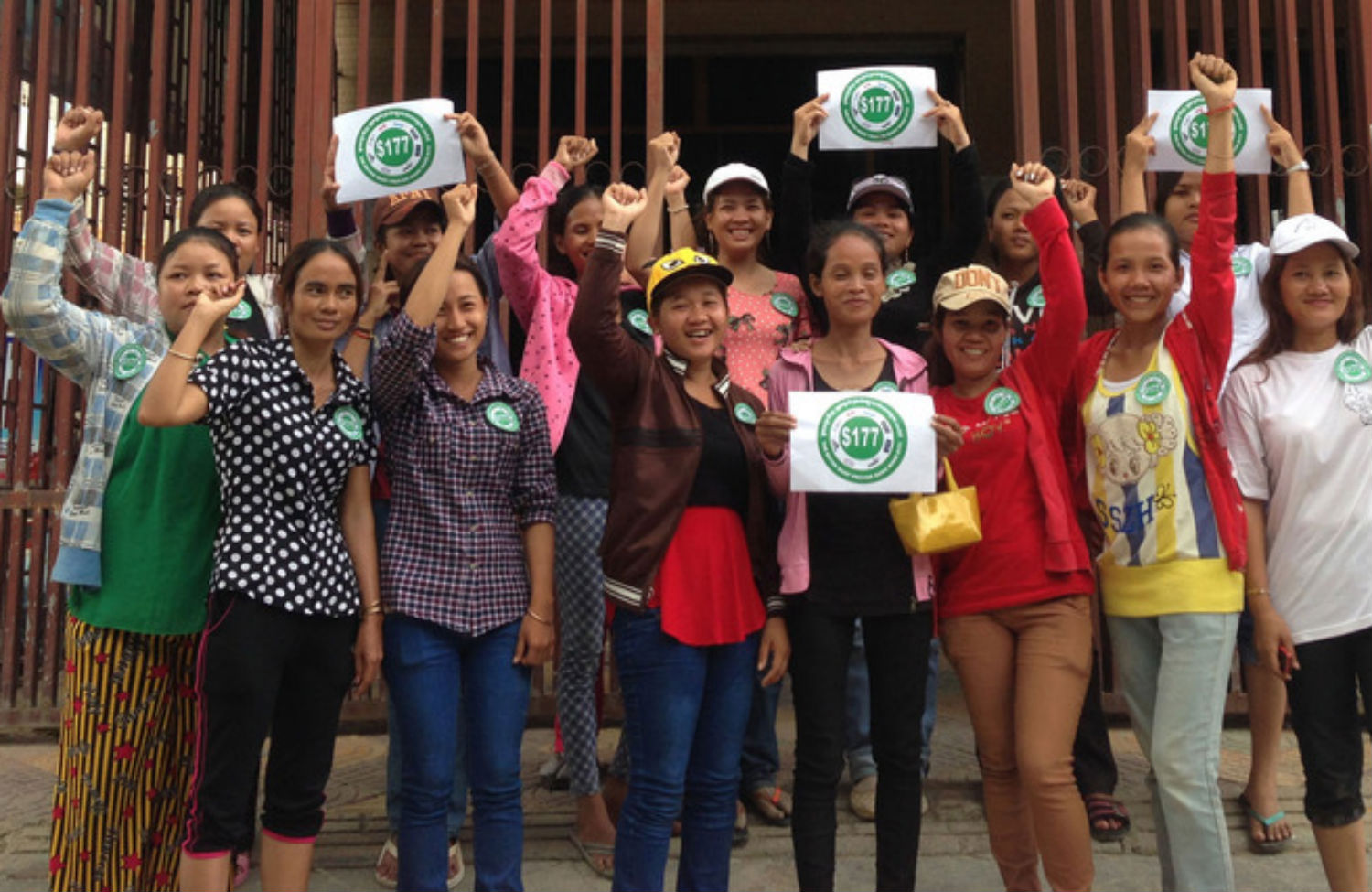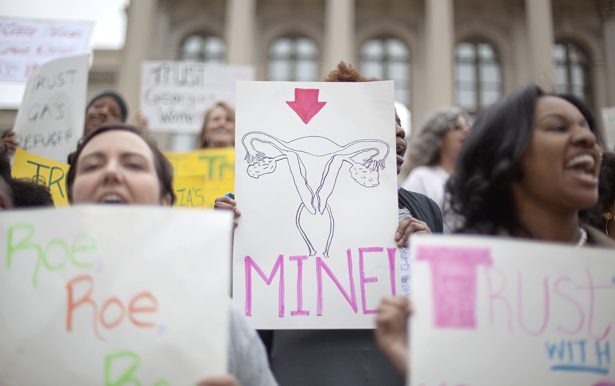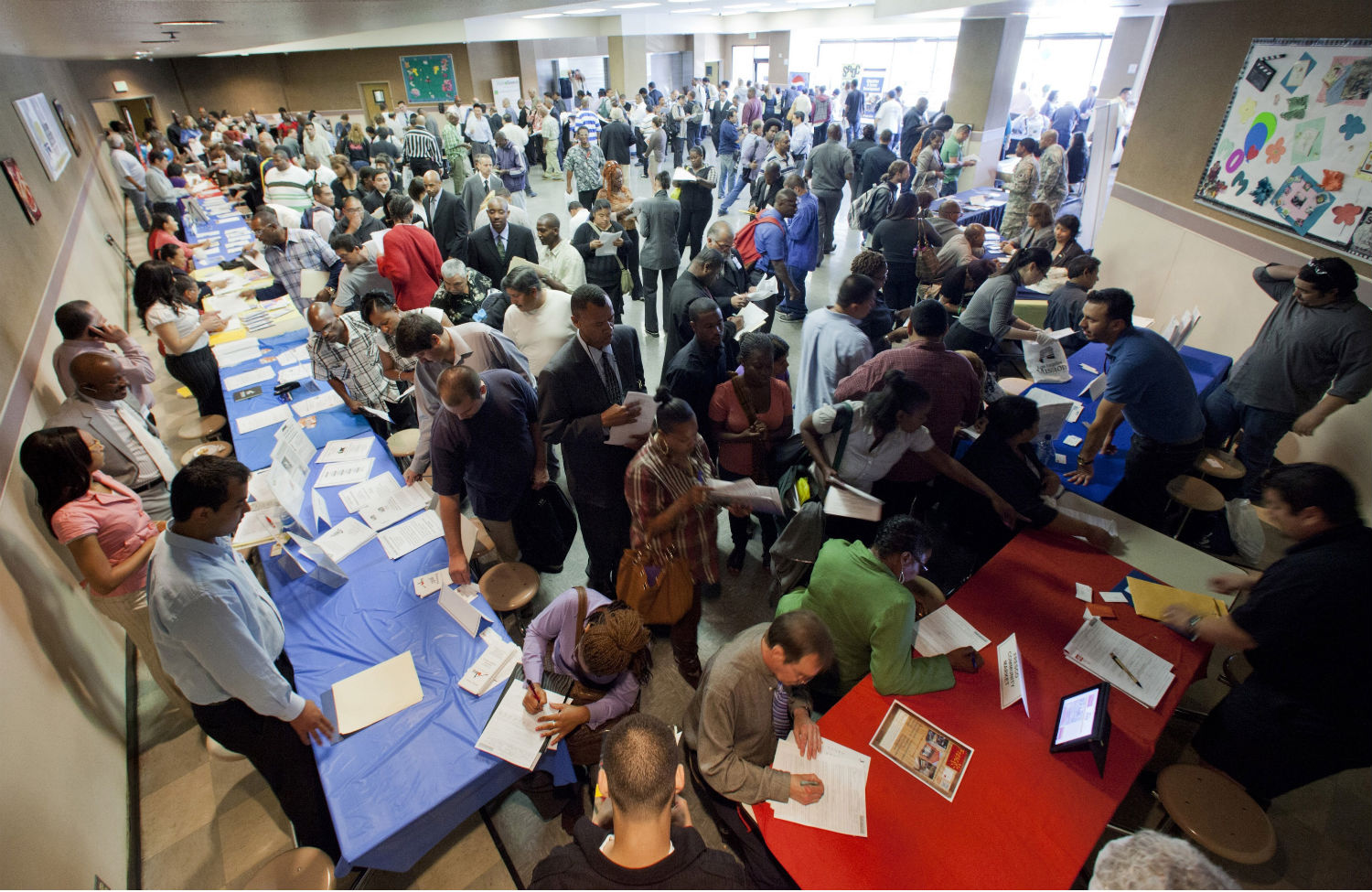
Minority Report Minority Report
Sometimes it feels like we’re living in an era in which information has finally become “free”—unlimited media access, twenty-four-hour wellness tracking, endless dating possibilities. But there’s nothing inherently progressive about Big Data. A new report shows that when Big Data creeps into our workplaces and our financial lives, it may simply create new ways of reinforcing old racial and economic injustices. The report, “Civil Rights, Big Data, and Our Algorithmic Future,” by the think tank Robinson + Yu, notes that technological advances, the declining cost of data storage, and the intensified surveillance climate of post-9/11 America have spurred massive data collection. This accumulation of private information by corporations and government has created troubling new issues in the areas of labor rights, privacy and ethics. Consider the influence of Big Data on hiring practices. Hiring algorithms are often seen as an “objective,” meritocratic assessment, free of irrational prejudice or biases. But the report warns that because “[d]igital indicators of race, religion, or sexual preference can easily be observed or inferred online,” the mining of social media and Google-search data can reinforce systemic discrimination. The result may be a perpetuation of an unjust status quo: disproportionately white, upper-class, elite-educated and culturally homogeneous. Sloppy résumé scans end up excluding people based on superficial criteria—where they live, for example, a metric bound to reflect already-existing housing discrimination. Big Data manipulation allows these subtle individual slights to be expanded to new orders of magnitude with monstrous efficiency. Since the algorithm reflects social patterns, researcher David Robinson tells The Nation, “any time someone is the victim of old-fashioned human discrimination, that discrimination is likely to be reflected in some of the data points that these new algorithms measure. Culturally speaking, there is a real tendency to defer to decisions that come from computers—which means if we’re not careful, it is reasonable to expect that computers will sanitize biased inputs into neutral-seeming outputs.” Read Next: David Auerbach on data profiling and microtargeting
Oct 1, 2014 / Michelle Chen

Federal Affirmative Action Guidelines for Construction Haven’t Been Updated in 30 Years Federal Affirmative Action Guidelines for Construction Haven’t Been Updated in 30 Years
Why are we setting diversity goals based on the 1980 census?
Oct 1, 2014 / Michelle Chen

Is ‘Big Data’ Actually Reinforcing Social Inequalities? Is ‘Big Data’ Actually Reinforcing Social Inequalities?
An increasingly technologized world makes life easier… for some people, anyway.
Sep 29, 2014 / Michelle Chen

Can New York Create Affordable Housing That’s Also Environmentally Sustainable? Can New York Create Affordable Housing That’s Also Environmentally Sustainable?
The de Blasio administration unveils an ambitious plan: reduce emissions and inequality at the same time.
Sep 24, 2014 / Michelle Chen

Aging Jazz Artists Sound Note of Protest Aging Jazz Artists Sound Note of Protest
After decades of entertaining the city, most jazz artists remain pension-less—but Justice for Jazz Artists wants to change that.
Sep 22, 2014 / Michelle Chen

Why Aren’t the Health Workers Fighting West Africa’s Ebola Epidemic Being Given Basic Protective Gear? Why Aren’t the Health Workers Fighting West Africa’s Ebola Epidemic Being Given Basic Protective Gear?
The failure to protect workers is worsening an already dire public health crisis.
Sep 19, 2014 / Michelle Chen

While the Fashion World Swoons Over This Season’s Styles, the Workers Making Them Are Fainting on the Job While the Fashion World Swoons Over This Season’s Styles, the Workers Making Them Are Fainting on the Job
Cambodia’s garment workers are fighting for something they’ve never had before: a living wage.
Sep 17, 2014 / Michelle Chen

Why Does the Most Effective Birth Control Cost an Entire Month’s Wages? Why Does the Most Effective Birth Control Cost an Entire Month’s Wages?
Long-acting reversible contraceptives could revolutionize reproductive healthcare—if only politicians would get out of the way.
Sep 15, 2014 / Michelle Chen

Why Are Employers Checking Job Applicants’ Credit Histories? Why Are Employers Checking Job Applicants’ Credit Histories?
There’s no evidence that credit reports reveal an applicant’s competence but plenty of evidence that shows they invade privacy and institutionalize discrimination.
Sep 12, 2014 / Michelle Chen

With the Wages That Have Been Stolen From Them, Apple Factory Workers Could Buy 1,460 iPhone 6s a Month With the Wages That Have Been Stolen From Them, Apple Factory Workers Could Buy 1,460 iPhone 6s a Month
While the tech world fawns over the new iPhone 6, labor abuses abound at an Apple factory in China.
Sep 10, 2014 / Michelle Chen

